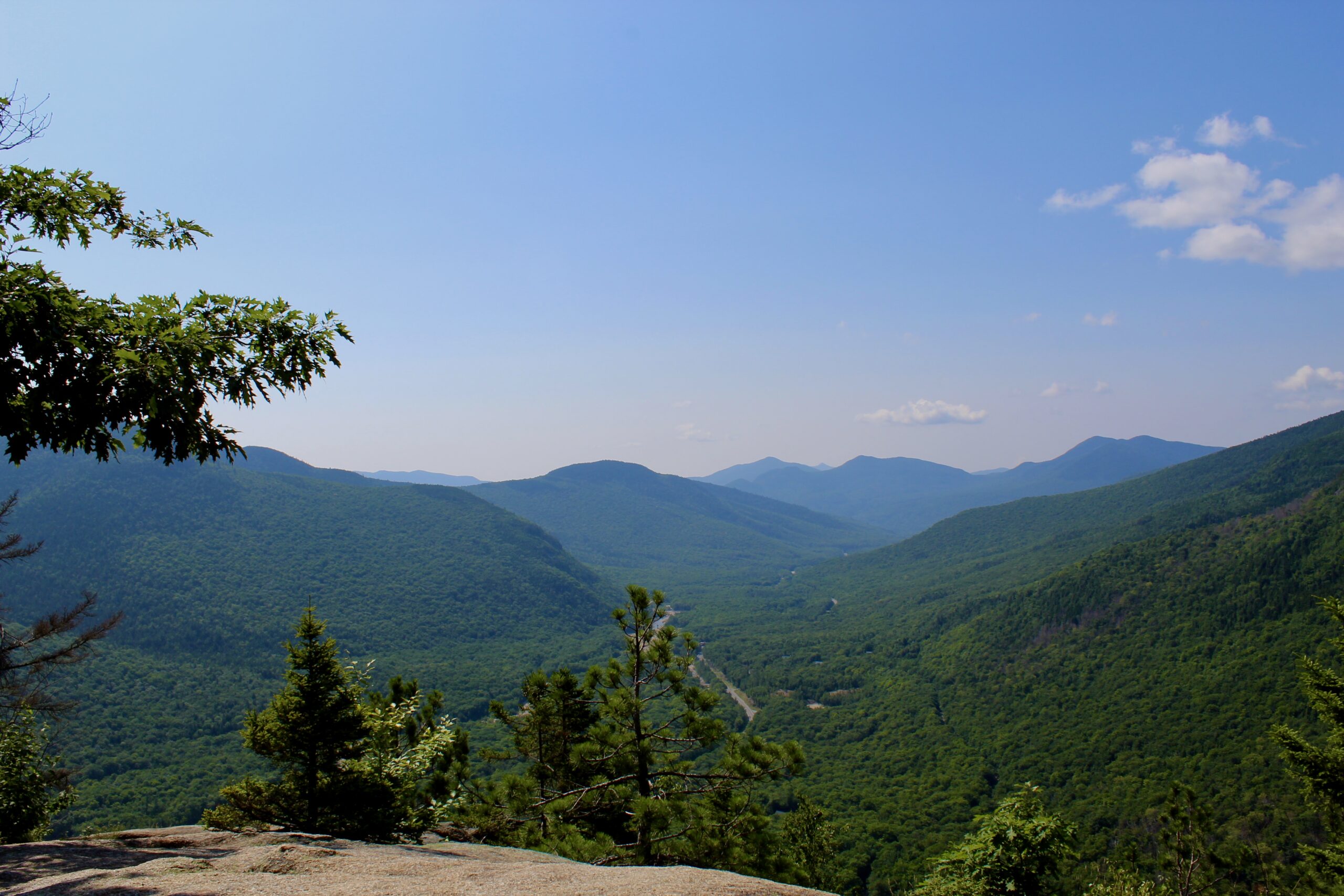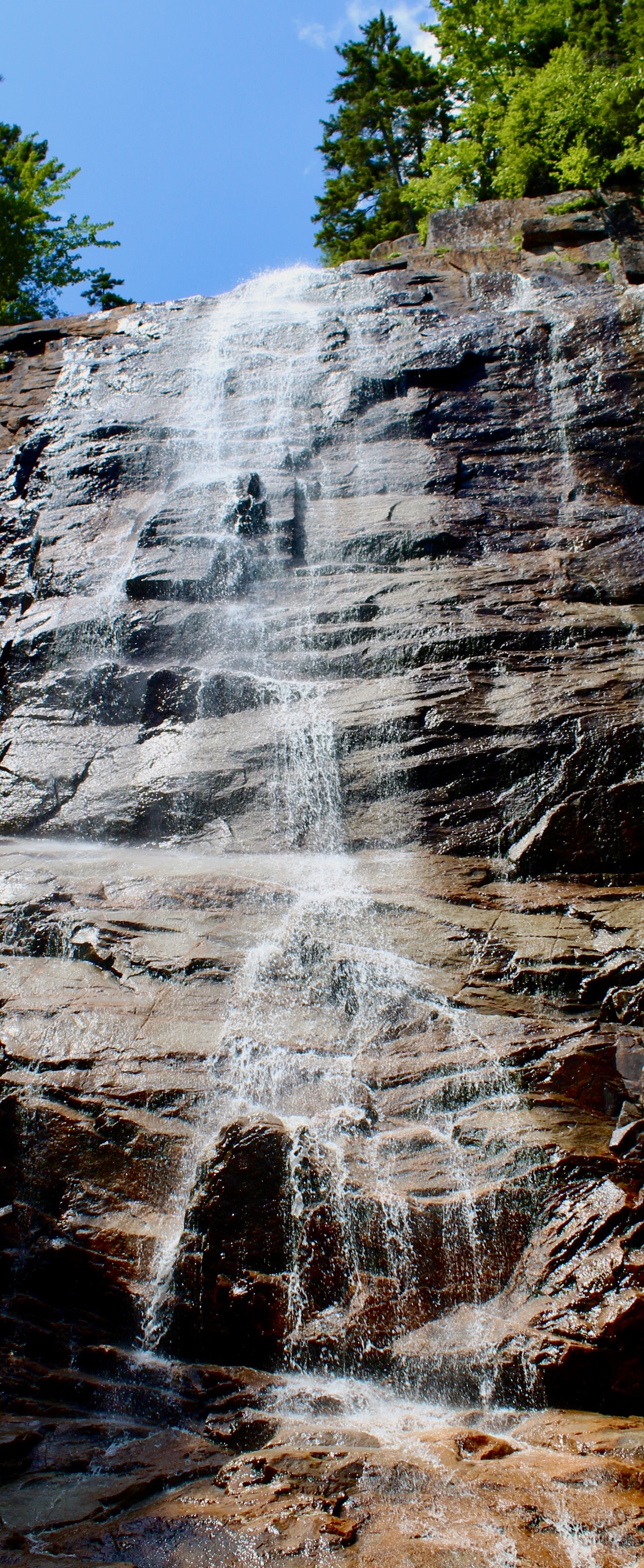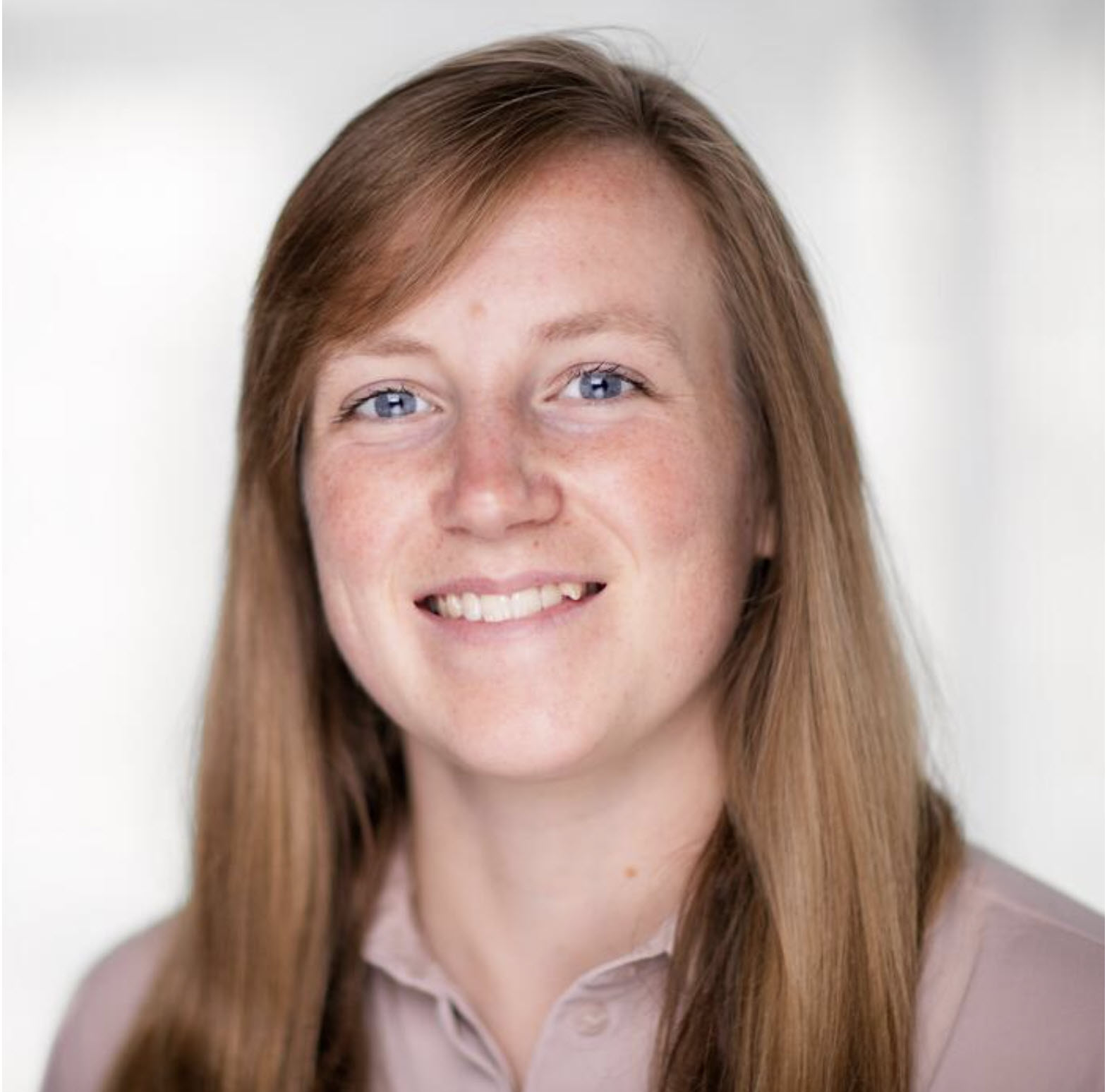
Uplift NH
What we do
Uplift NH’s purpose is to showcase the great work that New Hampshire teachers and students are conducting to promote circular thinking and actions that will lead to better outcomes. Circular actions pertain to finding ways to reuse, reduce and recycle and obtain a way of life that is better for human welfare. We fund hands on, project based learning initiatives that include food waste diversion and food recovery. These initiatives empower and teach students about the importance of food, and how they as individuals can play a role in shaping outcomes that are better for their community and the planet.
Why we do it
How we grow, harvest, transport, eat and discard our food has a profound effect on the well being of US society and abroad. It also has a considerable influence on our planet as 50% of our inhabitable land is used for agriculture and 26% of our GHG emissions emanate from our production of food in our supply chain. One of the greatest lessons we can teach is a healthy respect for food. Particuarly in schools. If you help students understand where our food comes from , the work required to produce it and the negative effects when food is wasted, students gain a new perspective
How we help
Uplift NH works with NH schools to work through these issues by setting up the schools for success with the intent to institutionalize food waste diversion and food recovery to make it apart of school culture. Schools are given a grant of up to $2000 to purchase supplies and in some cases, provide a stipend to a teacher or school ally that is helping with the project. Students that participate and lead these projects sharpen their leadership skills , feel empowered and gain a sense of their own ecological footprint.
Uplift NH could not do this work without the amazing sponsorship of WWF (World Wildlife Fund) and the USDA (composting and food waste reduction program) and their generous funding. Both organizations have a vested interest in fighting food waste. Uplift NH could also not do this work without the fiscal sponsorship of the Amherst Community Foundation and the Souhegan Regional Landfill District who are helping to administer the funding.

“Optimism is seeing challenges as opportunities to make progress; it’s having the confidence that there are things we can do to make a difference. We can shape the future, and we can build a great one if we want to”

Hannah Ritchie – Author, Data Scientist and Research Leader at Our World in Data
